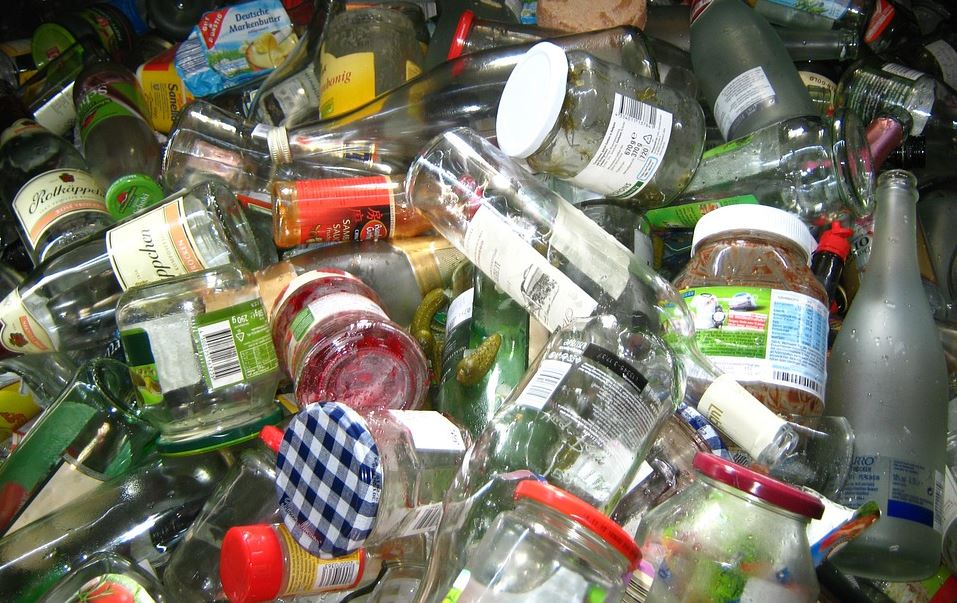
Recycling Dos and Don’ts
Recycling is a process which, if carried out correctly, can benefit the environment enormously, saving precious materials that would otherwise be wasted by incorrect disposal and inconsiderate practice. In different regions and situations, local authorities can have different rules when it comes to what should and shouldn’t be placed into recycling. For example, some authorities will include garden waste as something which should be placed into recycling where others won’t, but may include composting services within their recycling practice as a region.
If you are in any doubt about what you can and cannot recycle in the bins your council provides you with, here are some handy tips surrounding the guidelines of what you should and should not be doing when it comes to recycling, and why you should make the effort to adhere to these systems. For more information about our trusted recycling services, view our dedicated page:

Do:
Rinse out containers before recycling them
By ensuring that all containers are rinsed clean before being placed into recycling, you aid the recycling facility that the waste in question ends up in. Rinsing out containers yourself means that you are able to speed up the operations at these facilities, saving them both time and money in the process. Without rinsing recyclables, food particles can clog up operations, ‘gumming up’ recycling machines.
As well as this, be sure to remove existing food within containers. There is little point in placing a cardboard pizza box into recycling that still has slices of pizza within it, or indeed a glass beer bottle that has a wedge of lime within it. Be mindful when placing materials such as glass and cardboard into recycling that this is all that is going in the bin; not the remnants of their prior contents as well.
Squash items down
By squashing your plastics and cardboards down, you will be able to fit more into your recycling bin for each collection, making the process of recycling and each collection more worthwhile both for you and the local council.
Place items loose into recycling bins
Since the materials that can be recycled such as cardboard and glass products do not constitute bin liners, it is sensible – even encouraged – to simply place the recyclable items into the bin loose.
Don’t:
Use black bin bags
Linked to the prior point, do not use black bin bags within your recycling bin as these refuse sacks cannot themselves be recycled. Anyone whose recycling bin contains a black bin bag will not have the waste taken away by authorities; rather, it will be left within the bin, causing this waste to build up and inconvenience the home or business owner to whom the bin belongs. Some councils will provide bin bags in which recyclables can be placed, if people do not wish to place items loose into the bin.
Leave labels on recyclable packaging
Labels are of different materials to the cardboard boxes, plastic cartons or glass bottles upon which they are stuck, and are predominantly not recyclable themselves. Don’t let your recycling efforts go to waste by mistakenly thinking these labels can be recycled along with the containers to which they are stuck and, instead, remove them either by hand or through soaking them off prior to placing the pieces of packaging into the recycling bin.
Here at Brown Recycling, we are committed to providing our customers with expert recycling and waste management solutions, all as part of our commitment to zero-to-landfill practice. With our expertise, you can be sure that your facility or home’s waste is properly taken care of in an environmentally-friendly and conscientious manner, all at a price you can afford. For more information on any of our services, get in touch with our friendly team of experts today.
This website uses cookies to enhance your browsing experience and deliver personalised ads. By clicking “Accept All Cookies”, you agree to the storing of cookies on your device to enhance site navigation, analyse site usage, and assist in our marketing efforts.



